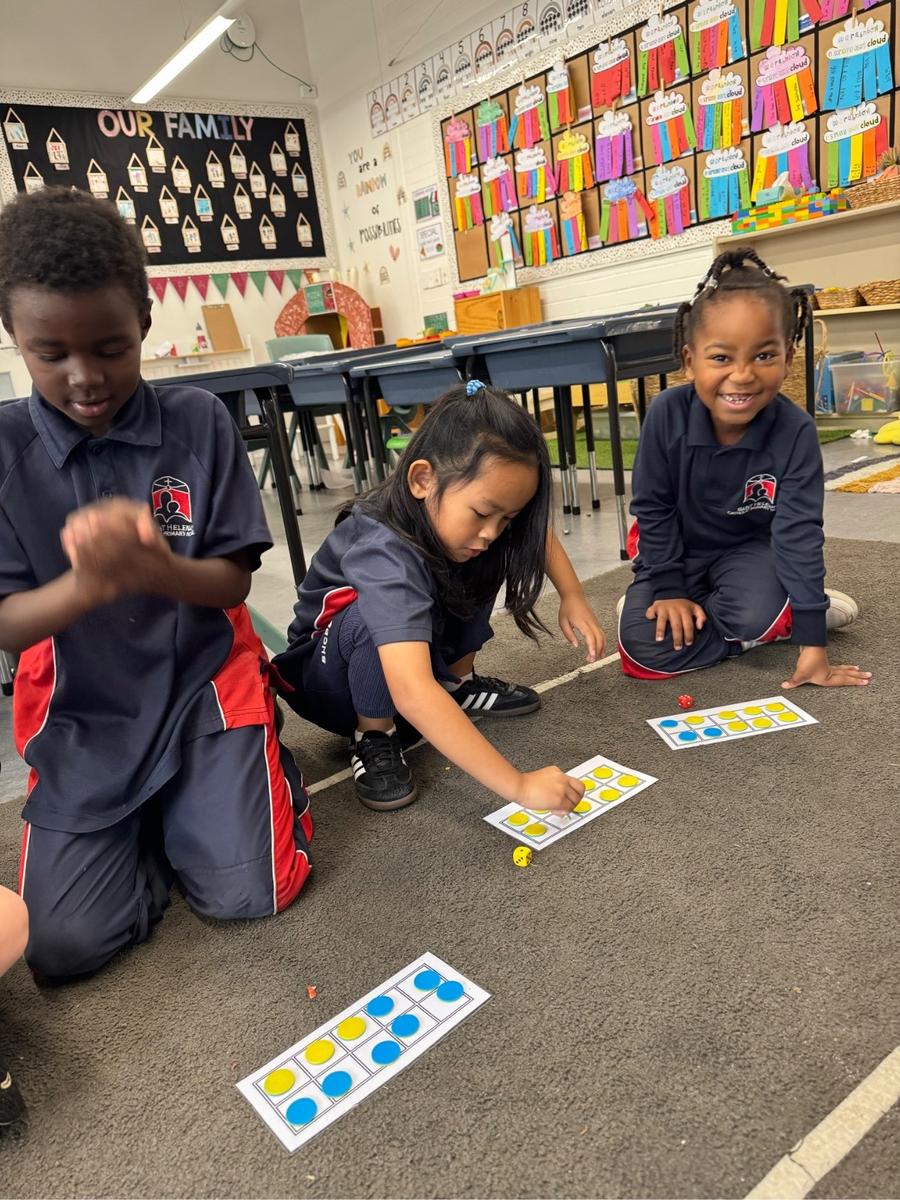Early Childhood News
(Pre-Kindy to Year 2)

Early Childhood News
(Pre-Kindy to Year 2)
We all want our children to grow up confident, resilient, and ready to face life’s challenges. One powerful tool to help them develop these qualities is teaching them the concept of the “power of yet.” The power of “yet” is a simple but transformative mindset. It involves adding the word “yet” to the end of a sentence when a child expresses frustration or doubt about their abilities. For example, instead of saying, “I can’t tie my shoes,” they learn to say, “I can’t tie my shoes yet.” This small change encourages a growth mindset, helping children understand that their abilities can improve with effort and practice.
The concept helps children to build resilience. Children learn that failure is not permanent but a step towards success. This resilience helps them bounce back from setbacks and keep trying. It also encourages perseverance. By understanding that skills can be developed over time, children are more likely to persevere through challenges rather than giving up. When children believe they can improve, they are more open to learning new things and taking on new challenges.
It is important that adults model the use of yet. Use the power of “yet” in your own language. For example, if you struggle with a task, say, “I can’t do this yet, but I’m working on it.” It is also important to praise children’s effort, not just their results. Focus on the effort your child puts into a task rather than just the outcome. This reinforces the idea that effort leads to improvement. Provide opportunities for your child to try new things and make mistakes in a safe and supportive environment.
Tips:
Use Positive Language: Replace negative phrases with positive ones. Instead of “This is too hard,” encourage your child to say, “This is challenging, but I can get better.”
Set Realistic Goals: Help your child set achievable goals and celebrate their progress along the way.
Be Patient: Change takes time. Be patient and consistent in reinforcing the power of “yet.”
By teaching your children the power of “yet,” you are equipping them with a valuable mindset that will serve them well throughout their lives. They will learn to embrace challenges, persist in the face of difficulties, and ultimately achieve their full potential.
Remember, every “I can’t” can become “I can’t yet” with a little encouragement and a lot of perseverance!

